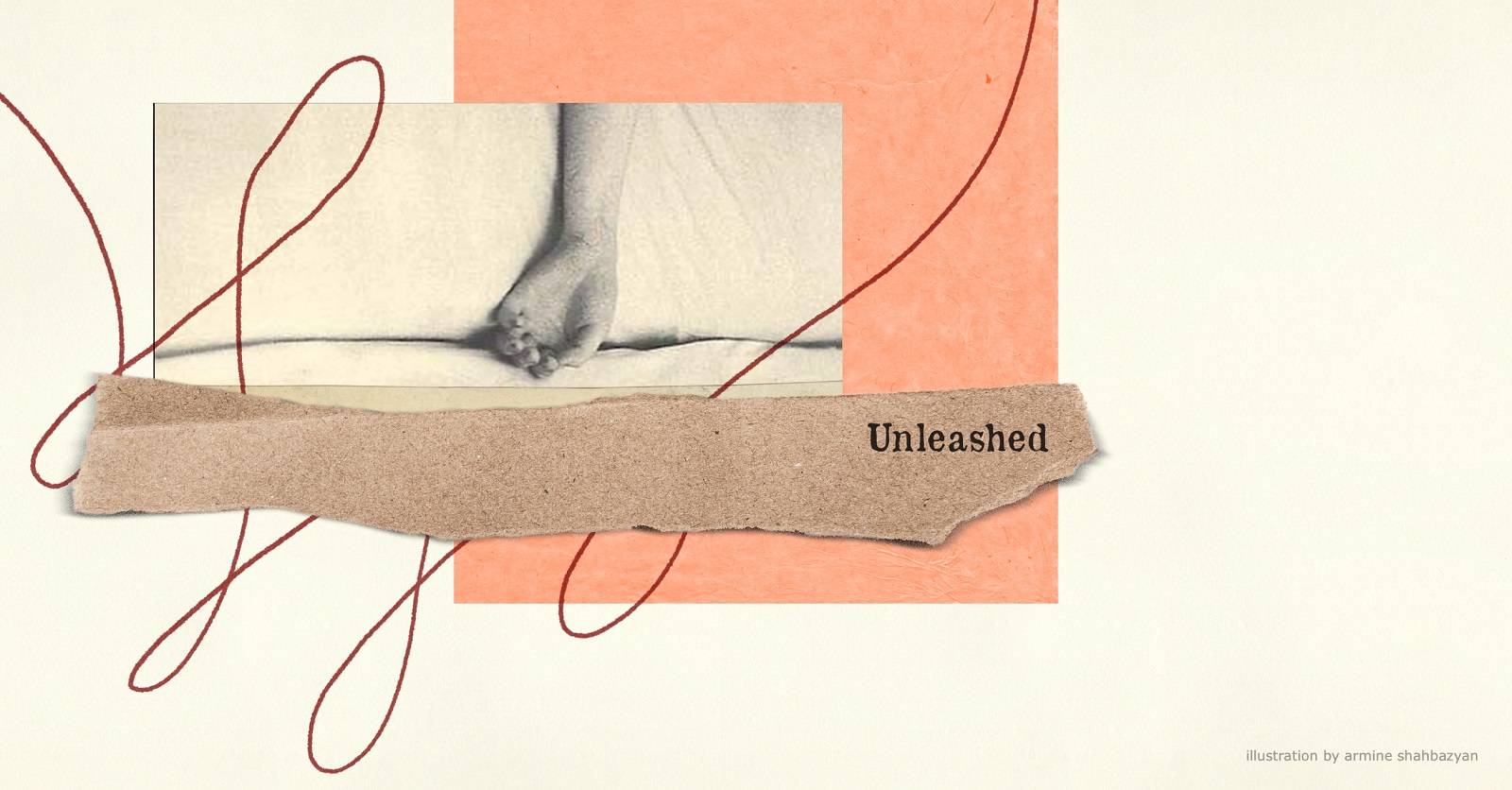

Dating in today’s world of quick swipes and instant messages can be brutal. Acts like lovebombing, gaslighting, breadcrumbing, and benching have become all too common in the modern dating playbook. Among these shameful tactics, ghosting—the act of suddenly cutting off all communication without explanation—is often seen as the cardinal sin of relationships. It’s branded as cruel, an abandonment without closure. I can tell you from personal experience that being ghosted sucks for sure. And I generally avoid dishing out treatment that I wouldn’t want to be on the receiving end of myself. But, despite its poor form, there are times when I find this approach not only necessary but genuinely liberating.
The truth is, while ghosting might seem harsh, it can sometimes be the most straightforward expression of self-respect. Not every relationship deserves a drawn-out conclusion; not every betrayal warrants a debate. There are moments when the best way to respond is by not responding at all. As a person who is committed to peace, I strive to be kind, flexible, and accommodating. However, these traits do not imply that I allow others to overstep my boundaries without consequence.
In my personal life, close relationships, even those with my parents and sisters, have been paused when necessary. While some have managed to find their way back, for most, a breach of trust or show of disrespect marks a definitive end. I may give a couple of chances, but once the tipping point is reached, the decision is final—there’s no turning back. My first ex-husband doesn’t exist for me anymore; I wouldn’t know if he’s dead or alive, nor do I care. The same holds true for other relationships I’ve decisively ended along the way, from enduring friendships to fleeting encounters, regardless of their depth or superficiality, all with the same resolve—once I walk away, there’s no looking back.
This isn’t about being vindictive or cold-hearted; it’s about acknowledging that my emotional health is paramount. If someone makes me feel unsafe or undervalued, stepping back can be a healthy decision. If someone decides to reject me, I respect their choice by forcing them to live with it forever. Being open and loving does not equate to leaving oneself unprotected. In fact, it requires a clear understanding of when to say enough is enough.
Like an editor who knows precisely what to cut to preserve the quality of a manuscript, sometimes we need to make firm decisions about who stays in our lives—and who does not. In this way, our narrative unfolds page by page, shaped not only by the events we encounter, but also by the deletions we make. It’s a process, at times ruthless, of removing toxic elements—be they thoughts, habits, or people—that cloud our chapters. And in so doing, we reclaim and reshape our story’s direction.
But editing one’s life isn’t about being punishing or indifferent; it’s about being discerning. It requires the wisdom to recognize what, or who, detracts from our well-being and the courage to cut these elements out, either temporarily or permanently. At times, this may mean burning bridges in order to prevent ourselves from crossing back to old habits or toxic relationships that no longer serve us, as an act of self-preservation.
In the literary world, we remove redundant words to clarify meaning, increase impact, or speed up the pace. Similarly in life, removing what no longer serves us makes our existence crisper, clearer, more focused. Consider the friends or colleagues who sap your energy rather than replenish it, each interaction leaving you less vibrant, less yourself. Or the habits that chain you to past versions of yourself—you know what they are—those that no longer contribute to the life you want to live or the dreams you wish to make come true. These are like verbose, rambling sentences that dilute the power of a story.
However, recognizing what should be cut is only the first step. The real challenge lies in the act of cutting itself. It requires a steady hand and a steady heart—a recognition that the pain of a cut is temporary, but the benefit it brings is enduring. Think of it like surgically removing gangrene or excising a cancerous tumor; although the process is painful, the removal is crucial to prevent further damage and restore health. This isn’t just about making space, but about making better choices about what fills that space. It’s about replacing the unnecessary or the toxic with nourishing alternatives that propel us toward the story we desire to tell.
Embracing regular reinvention is like writing multiple drafts of a novel, each one aiming to be better and more refined than the last. By continuously evolving ourselves, we give ourselves the gift of living a thousand lives, each one successively richer and more complex. This keeps our experiences from becoming stale or one-dimensional, breathing fresh air and pumping new blood into each and every day like a new chapter waiting to be written.
We must therefore see our lives as an ongoing editorial process, where every day presents a new opportunity for revision. Every line that is cut makes room for an expression more valuable. Every toxic relationship removed opens the door to someone that uplifts and supports. And each bad habit broken creates space for practices that enhance our well-being and fulfillment.
So, let’s take up the editorial pen with vigor and view our lives with the critical eye of a seasoned editor. Let’s cut the shit—relentlessly, thoughtfully, purposefully. For in the spaces we clear, in the silence left by the removal of the toxic and no longer beneficial, there we find the true spirit of our story. And there is where our real growth and serenity lie.
See all [Unleashed] articles here
Listen to Sheila’s personal reading of “Cut It Out”.

Sheila Paylan is an international human rights lawyer and former legal advisor to the United Nations. Now based in Yerevan, she regularly consults for a variety of international organizations, NGOs, think tanks, and governments.

